
Do I need cat insurance?

Allie Simpson
10 August 2022 | 6 minutes read
Cats regularly impress us with their flexibility, agility, and intelligence. But as much as they may think they’re invincible, our formidable felines can still have accidents or fall ill.
And you never want to have to compromise on your cat’s care because you can’t afford the bills. So let’s talk about why cat insurance is important.
- Why you should think about getting cat insurance
> Cat insurance can cover you for the unexpected
> Cat insurance can help cover the costs of common and long-term illnesses
> Cat insurance can offer more variety of cover than you think - Do I still need pet insurance if I have an indoor cat?
- Other questions about cat insurance
> How much is cat insurance?
> How much should I insure my cat for?
> When should I insure my cat?
> Can I get pet insurance for an older cat?
> Can cat insurance pay my vet directly?
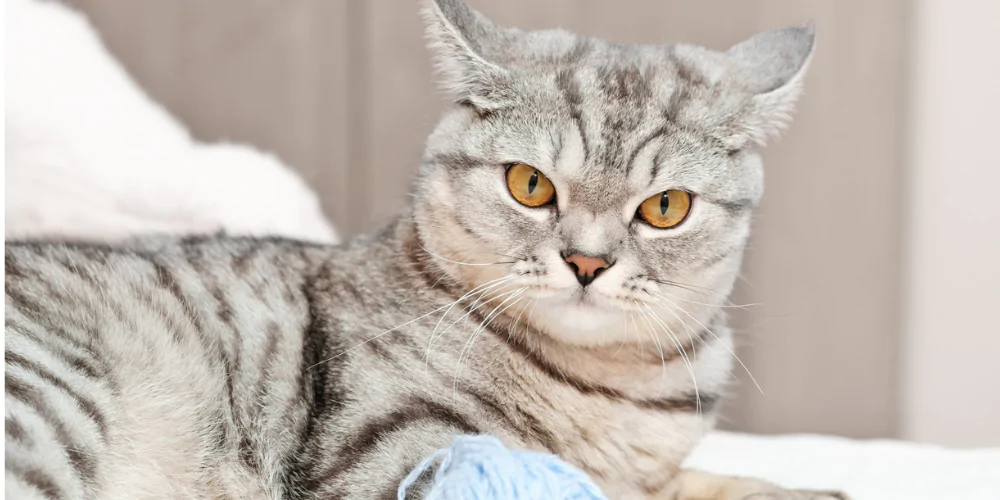
Why you should think about getting cat insurance
> Cat insurance can cover you for the unexpected
Some owners think they may not need to get insurance for their kitten or cat because they’re young, healthy, and have fast reflexes. But accidents can happen at any time and at any age.
You don’t want to be worrying about the cost of treatment or surgery in an already stressful situation. And not having the funds in place to cover the vet bill could mean delaying things and potentially worsening your cat’s condition.
Common accidents and injuries for cats include:
- Road traffic accidents (RTAs)
- Fighting with other animals
- Getting lost or trapped in outdoor buildings like garages
- Swallowing outdoor poisons such as antifreeze and rodent control
Being nocturnal hunters, your cat will naturally be more active at night time. Cats Protection Essential Guide 12 points out how cats are at increased risk of road traffic injuries and fatalities in those twilight hours.
And living in ‘quieter’ countryside areas doesn’t always reduce the risks for your feline. A 2017 study by the University of Bristol found that cats had a higher risk of road traffic accidents in rural areas.
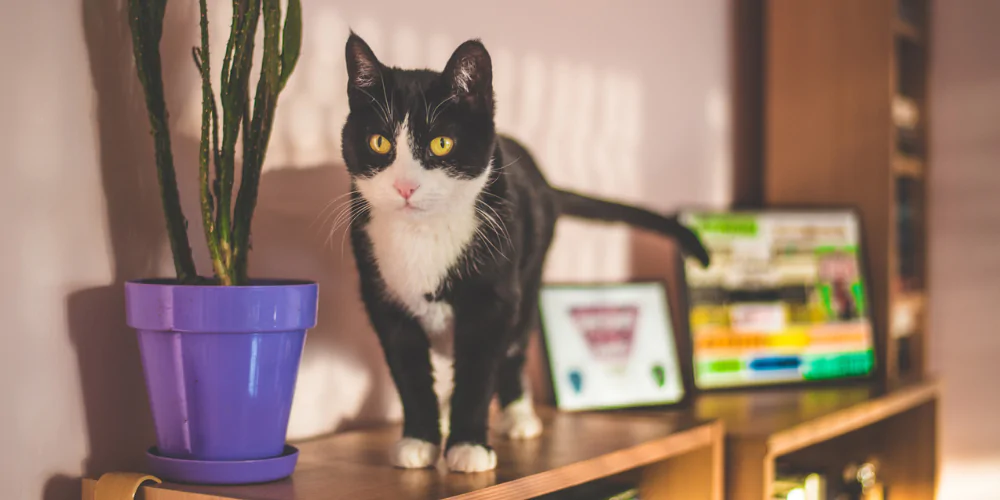
> Cat insurance can help cover the costs of common and long-term illnesses
Accidents can be expensive – but so can unexpected illnesses.
- Our claims data shows that more pets head to the vets for illness and disease than accidents. And while the bills may be manageable at first, the growing costs of chronic conditions can really mount up over time.
- Like humans, the risk of your cat getting poorly increases as they age – even if they’re young and healthy now. Common conditions for older cats include arthritis, diabetes, and kidney disease.
- A report for NOAH on pandemic pet ownership found that more people are choosing pedigree cats like Persians and Ragdolls. Pedigree cats are more likely to inherit health problems due to selective breeding.
Cat insurance can give you the confidence that treatment for your feline’s ongoing condition could be covered.
Be aware that some providers won’t cover your cat’s pre-existing conditions, only new conditions that begin after you’ve taken out your policy.
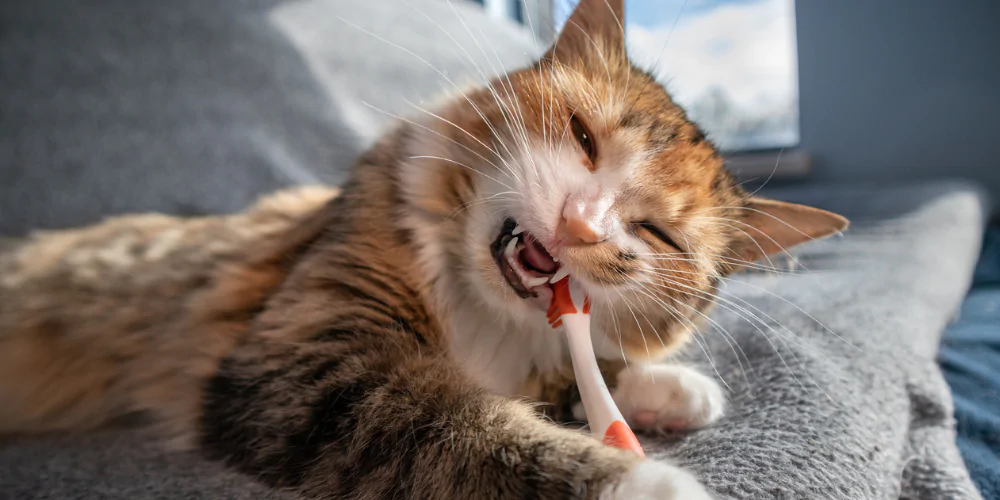
> Cat insurance can offer more variety of cover than you think
Investing in cat insurance isn’t just a way to be prepared for expensive vet bills.
Your policy could also cover you for other things, like:
- Advertisements and rewards if your cat is stolen or goes missing.
- Emergency care with a cattery or pet minder.
- Behavioural and complementary treatment as recommended by a vet.
- Treatment for dental illness.
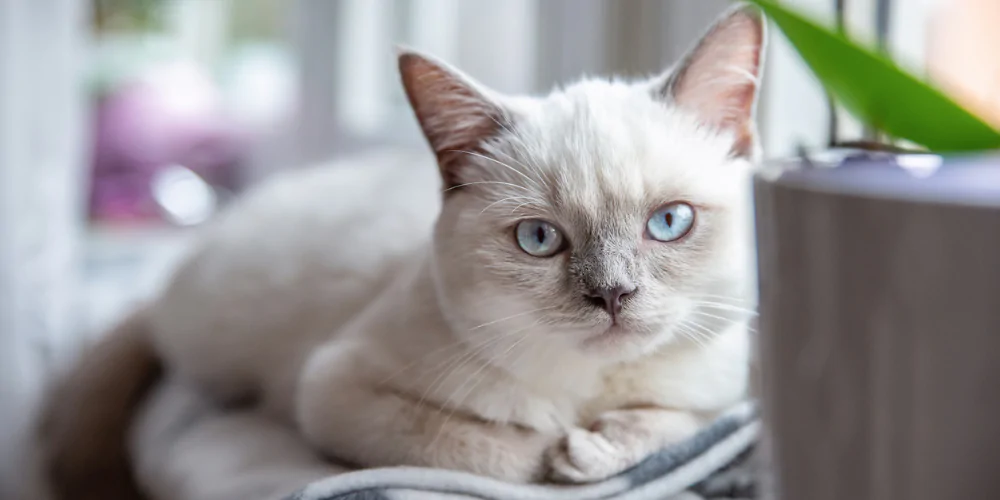
Do I still need cat insurance if I have an indoor cat?
Many cat parents think keeping their felines indoors stops them from getting poorly.
True, they won’t be at risk of road traffic accidents or fighting with other non-household animals. But you should still think about getting insurance as your indoor cat could develop genetic and age-related illnesses.
Plus, they may have to deal with other problems as a result of being kept indoors, such as:
Behavioural issues
- Becoming frustrated and depressed due to a lack of outdoor access
- Developing a fear of change because of living in a static environment
- Getting stressed by outdoor cats coming close to the house and not being able to defend their territory
- Boredom from an inability to hunt outdoors
Accidents
- Falling into a toilet
- Crawling into a washing machine or tumble dryer
- Trying to jump out of an open window
- Poisoning from toxic houseplants, chemicals, food, and human medication
- Chewing cables and other electrical items
- Swallowing small or sharp objects like hairbands and needles
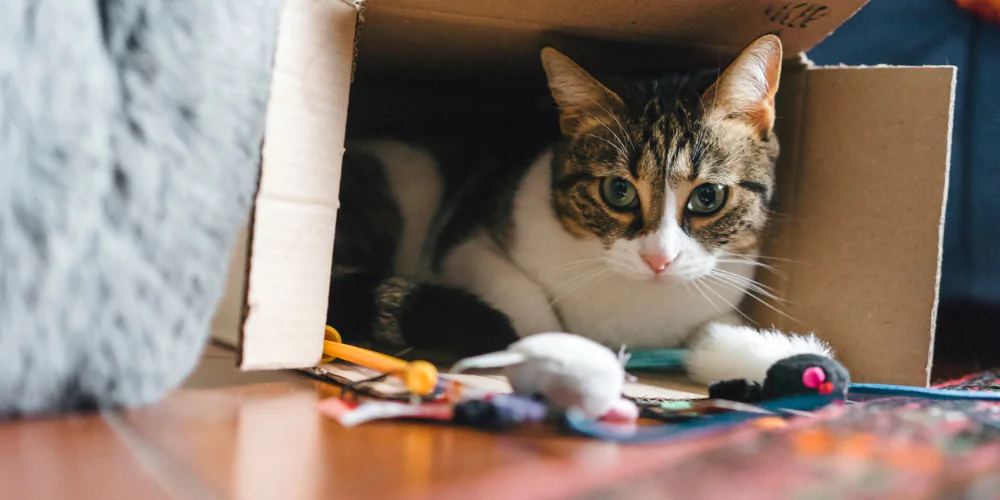
Other questions about cat insurance
> How much is cat insurance?
How much you’ll pay for your cat’s policy depends on a few things:
- The type of policy you choose
- Your vet fee limit and any add-on cover options
- Your cat’s breed and age
- Where you live
- Whether you’re looking to cover pre-existing conditions
- If you’ve added an excess or bill share (also known as co-payment)
Check out our article on how to choose the best pet insurance if you’d like to know about the different types of pet policies available.
And don’t forget, some providers give you the option to pay monthly or annually at no extra cost. This could help you more easily manage your cat care budget.
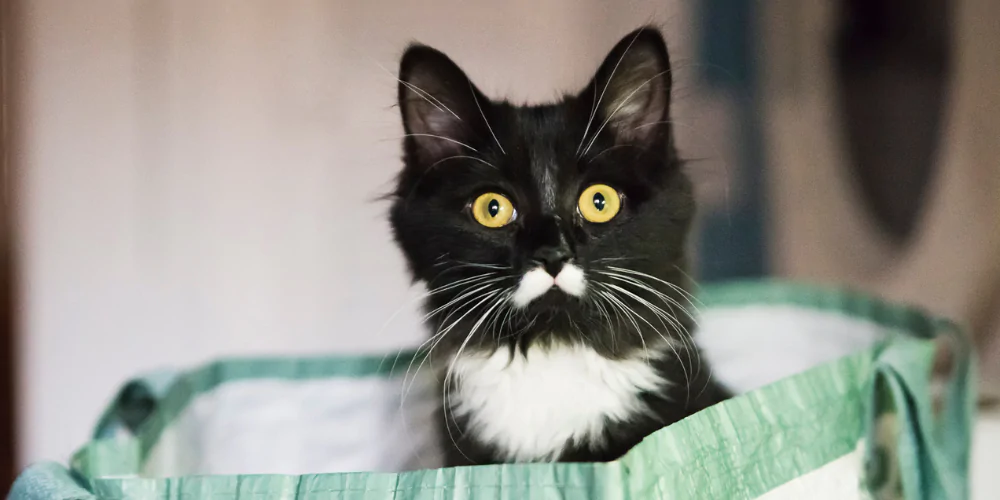
> How much should I insure my cat for?
It can be tempting to choose the cheapest level of pet insurance out there, but this may not be right for your cat.
Treatment and operations can be more expensive than you think. For example, if your cat had a long bone fracture that needed repairing, this could cost several thousand pounds.
The lowest vet fee limits may not cover all of your cat’s medical costs in a policy year (for one or multiple conditions). Then you could have to make some difficult decisions about their treatment options if you can’t pay out of pocket.
So look into:
- Whether your cat is at a higher risk of developing certain genetic illnesses.
- The average cost of treatments and operations at your vet, to get an idea of what you might pay.
- What cover levels each insurance policy offers as standard and which are add-ons, e.g. dental illness.
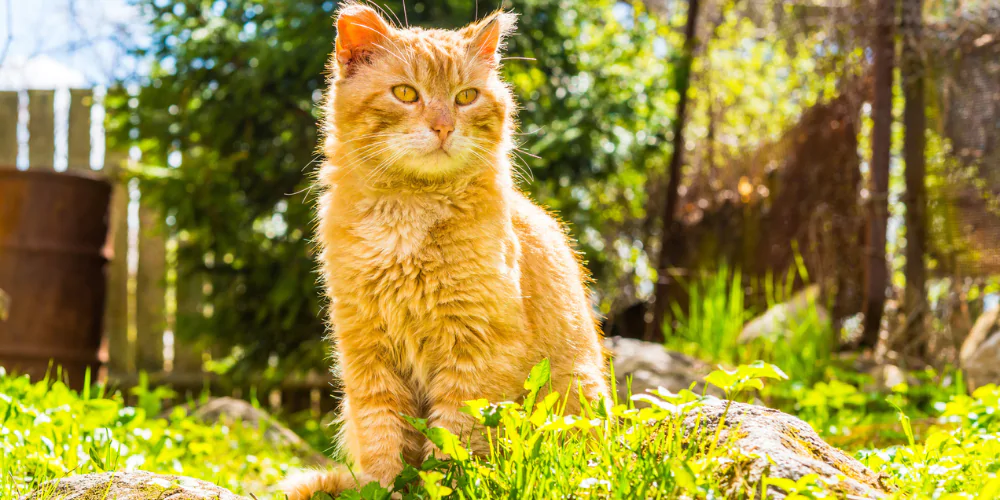
> When should I insure my cat?
Think about insuring your cat as soon as possible, as you never know when they may have an accident or fall ill. Many insurers offer cover from as young as four weeks old.
But keep in mind that some providers only take on new cats up to a certain age. Or have strict limits on/won’t cover pre-existing conditions.
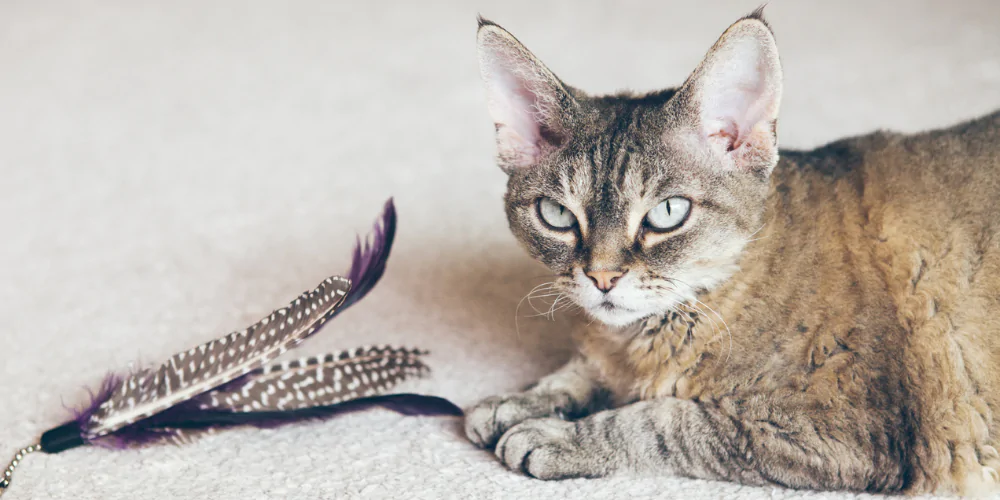
> Can I get pet insurance for an older cat?
Pet insurers have different definitions of what is an ‘older cat’. Generally, it tends to be cats who are at least over eight years of age.
You can get insurance for your older cat, but not all providers will take on older felines. And they may add on a compulsory bill share, or there could be other limits, so check your policy wording carefully.
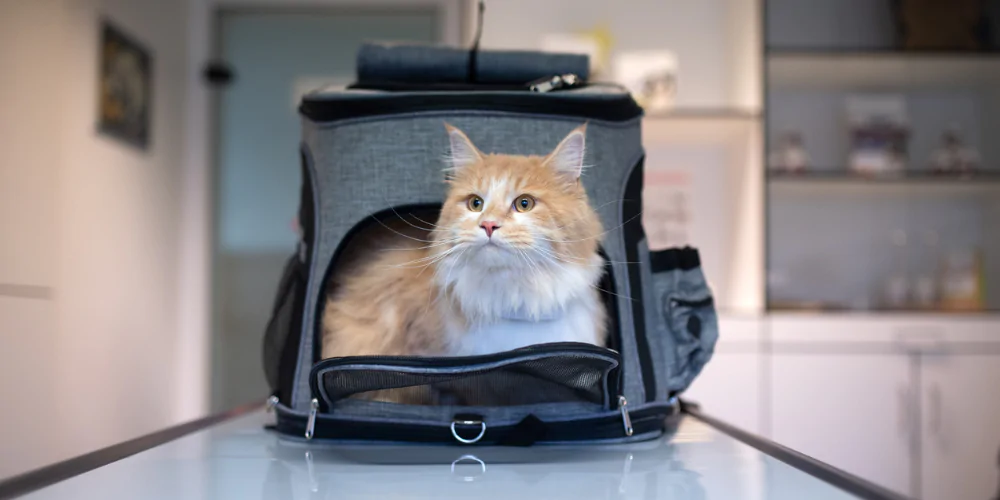
> Can cat insurance pay my vet directly?
If you need to make a claim, you may be able to ask your cat insurance provider to pay your vet directly.
Both your insurer and vet will need to agree to this. So if it’s an important factor in covering your cat, don’t be afraid to ask around.
At Petsure, we don’t discriminate against older felines or those with pre-existing conditions, so check out our cat insurance today.


